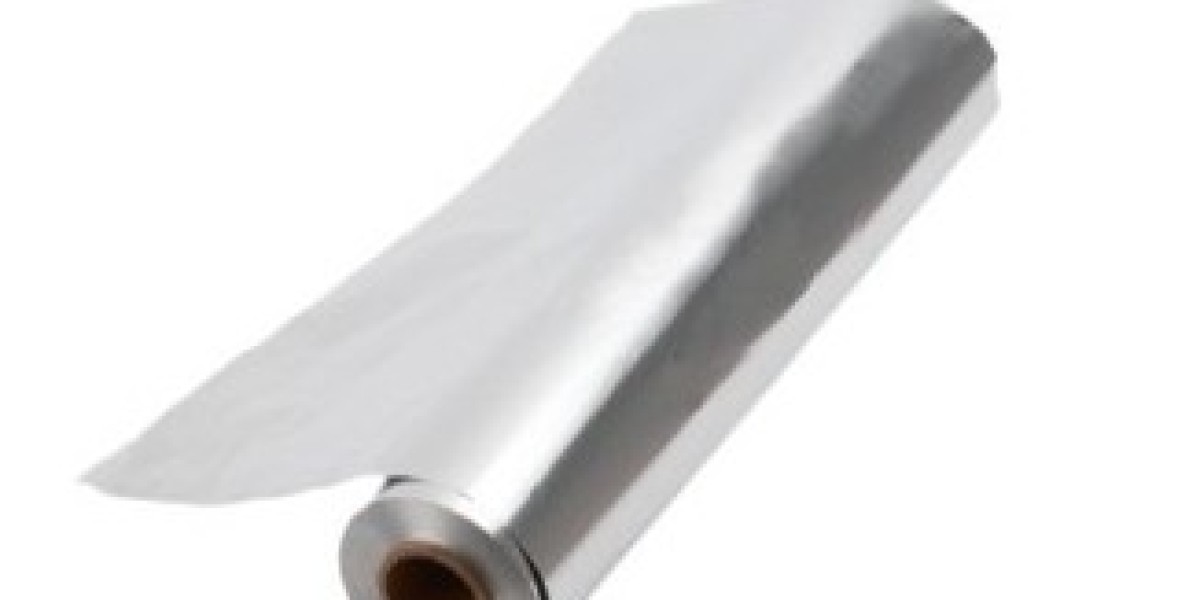For reptile breeders and enthusiasts, the joy of seeing a clutch of eggs develop and eventually hatch is unparalleled. However, this process demands precision, care, and the right equipment. The success of hatching healthy hatchlings lies not only in genetics or breeding practices but also in creating the perfect incubation environment. That’s where a reptile incubator becomes an essential investment.
Why Incubation Matters
In the wild, reptile eggs are laid in warm, secure locations where environmental conditions support development. Temperature and humidity remain relatively stable, increasing the chance of successful hatching. In captivity, however, relying on natural ambient conditions is unreliable and often ineffective. Fluctuations in room temperature, inconsistent moisture levels, or poor ventilation can quickly jeopardize developing embryos.
A reptile egg incubator mimics the stable environment that eggs would experience in the wild, but with added control and precision. It allows you to maintain consistent temperature and humidity levels, which are crucial for the healthy development of reptile embryos.
Understanding the Role of a Reptile Incubator
A high-quality reptile incubator is engineered to offer fine control over temperature and humidity—two key variables that can determine whether eggs hatch successfully or not. Most incubators come with digital thermostats and hygrometers, enabling you to monitor and adjust conditions as needed.
For example, many reptiles such as geckos, snakes, and turtles have temperature-dependent sex determination (TSD). This means the temperature at which eggs are incubated influences the sex of the offspring. With a reliable reptile egg incubator, breeders can more accurately target specific temperatures to control the ratio of male to female hatchlings. This control is especially useful for population planning in breeding programs.
Key Features to Look For
When choosing the right reptile incubator, consider these essential features:
1. Temperature Control and Stability
Precision in temperature regulation is crucial. Even slight deviations can be harmful to the developing embryos. Look for an incubator with a digital thermostat and a built-in heating element capable of maintaining uniform heat distribution.
2. Humidity Management
Reptile eggs require varying humidity levels depending on the species. A well-designed reptile egg incubator will include a humidity control system or allow for manual adjustment, such as through water trays or misting systems.
3. Ventilation
While keeping humidity high is important, proper airflow is also essential to prevent mold growth and provide oxygen exchange. Ensure your incubator allows for some level of air circulation without compromising humidity.
4. Size and Capacity
The size of the incubator should match your breeding scale. For hobbyists, a smaller unit may suffice, while professional breeders might need incubators that can hold multiple clutches at once.
5. Ease of Monitoring
Transparent windows or LED displays make it easier to check on the eggs without opening the incubator and disturbing the internal environment.
Setting Up Your Reptile Egg Incubator
Once you’ve chosen a reptile incubator, setup is the next crucial step:
- Pre-Heat and Test: Before placing eggs inside, run the incubator for 24 hours. Monitor temperature and humidity to ensure stable conditions.
- Prepare the Substrate: Place a suitable substrate like vermiculite or perlite inside egg containers to help retain moisture and support the eggs.
- Place Eggs Carefully: Position the eggs with minimal handling, ensuring they’re not rotated. Marking the top of each egg with a soft pencil can help maintain orientation.
- Maintain and Monitor: Regularly check temperature and humidity levels, topping off water trays or adjusting vents as needed.
Common Mistakes to Avoid
Even with a good incubator, small mistakes can reduce hatch rates:
- Overheating: A few degrees too warm can kill embryos or cause deformities.
- Too Much Humidity: While moisture is important, excess humidity can lead to mold growth or cause the eggs to collapse.
- Inconsistent Monitoring: Even a top-quality reptile egg incubator needs human oversight. Don’t rely solely on factory settings—stay involved.
Benefits of Using a Quality Incubator
Investing in a dependable reptile incubator offers numerous benefits:
- Higher Hatch Rates: Controlled conditions significantly improve embryo survival.
- Predictable Hatching Times: Stable environments make it easier to estimate when eggs will hatch.
- Species Flexibility: From bearded dragons to corn snakes, a quality incubator supports a wide range of species.
- Peace of Mind: Knowing your eggs are in a stable, well-regulated environment reduces the stress and guesswork of breeding.
Long-Term Value for Breeders
While a reptile egg incubator might seem like a costly upfront purchase, it quickly pays off. Not only does it increase your chances of success, but it also reduces the risk of losing entire clutches—something that could cost far more in lost time and effort.
Experienced breeders understand that equipment is as crucial as care. Skimping on a vital tool like an incubator can lead to disappointment, especially when breeding rare or delicate species. On the other hand, a reliable, feature-rich incubator empowers you to scale your breeding, experiment with new species, and maintain consistent quality.
Conclusion
Successfully hatching reptile eggs isn’t just about luck—it’s about creating the right conditions and sustaining them over weeks or even months. A well-chosen reptile incubator does just that, providing the stability and control necessary to give every egg its best chance at life.
Whether you’re just starting out or managing a full-scale breeding operation, a high-quality reptile egg incubator is one piece of equipment you can’t afford to overlook. Give your reptiles the start they deserve by investing in a dependable incubator that will serve you—and your future hatchlings—well for years to come.



